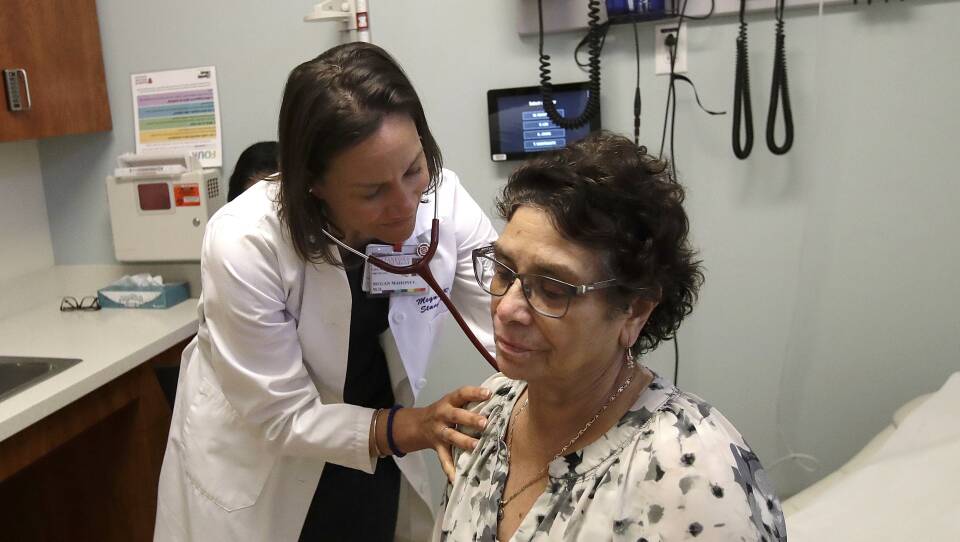A new poll from Suffolk University and the Boston Globe finds about one-third of Massachusetts residents are dissatisfied with their ability to schedule an appointment with a primary care doctor.
“It’s frustrating,” Michael Curry, the president and CEO of Massachusetts League of Community Health Centers, told Boston Public Radio on Thursday.
It’s important to see primary care providers regularly to prevent acute disease, emergency room visits and longer hospital stays, said Curry. But with a lack of providers, some patients wait weeks or months to get an appointment. And even when people have a designated primary care doctor, they still may have to wait for appointments to open up.
He explained this lack of care comes down to two factors: equitable reimbursement for primary care services and a growing shortage of providers.
Primary care makes up less than 8% of all health care expenditures in Massachusetts, according to the Center for Health Information and Analysis.
“We over-invest in other parts of the system and underinvest in primary care,” said Curry.
It’s more lucrative for doctors to go into specialty care services because they often have higher reimbursements. For example, a primary care physician may earn $100,000 to $400,000 less than a specialist — and that’s not attractive to young doctors with medical school debt.
Loan repayment programs are one way to incentivize doctors to go into primary care. “But it’s not the whole solution,” said Curry.
In addition to improving reimbursement, Curry said the Massachusetts League of Community Health Centers has asked Gov. Maura Healey and the Legislature to look at ways to prioritize primary health care, such as through community health centers and patient navigators to help people get access to services.





